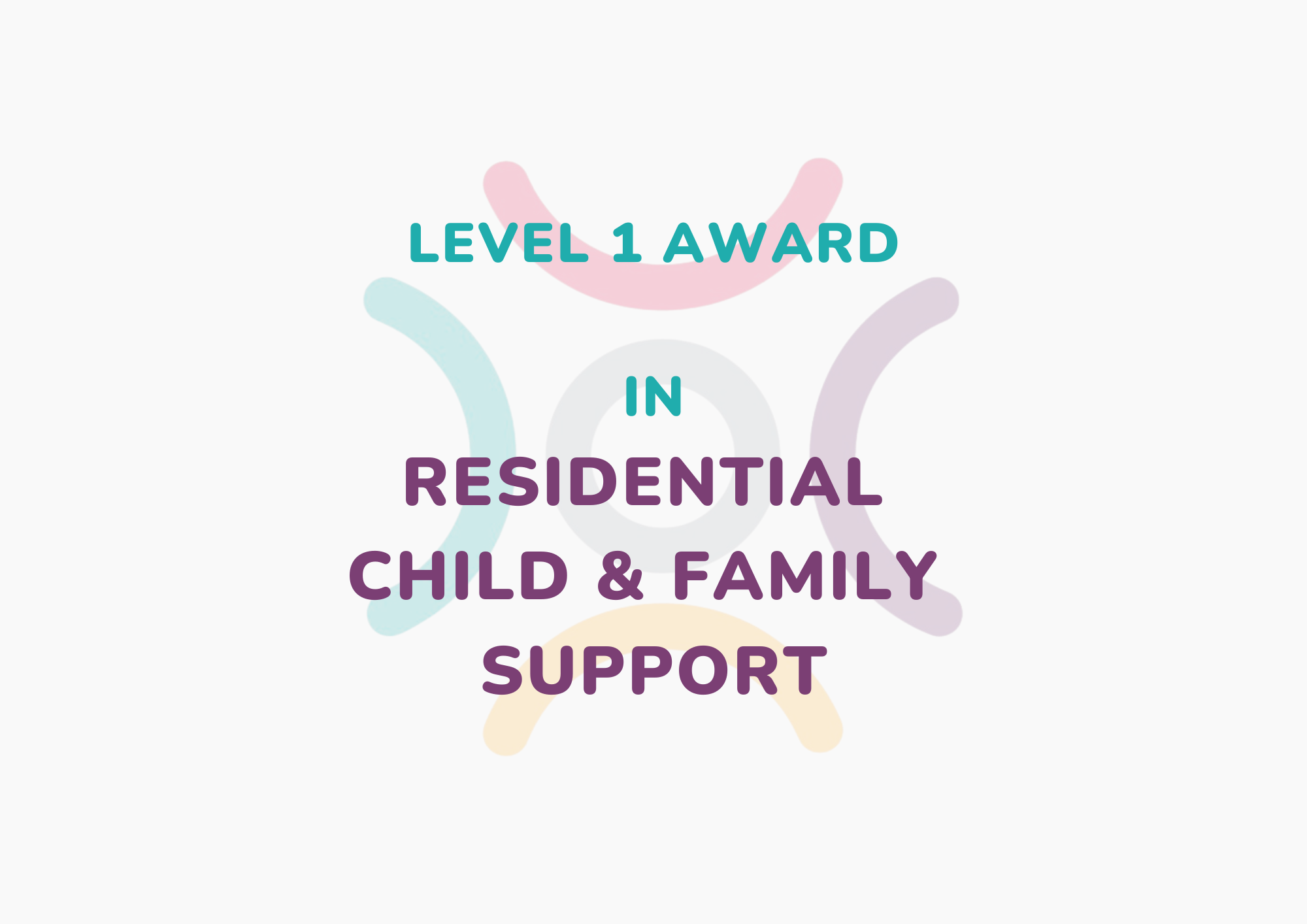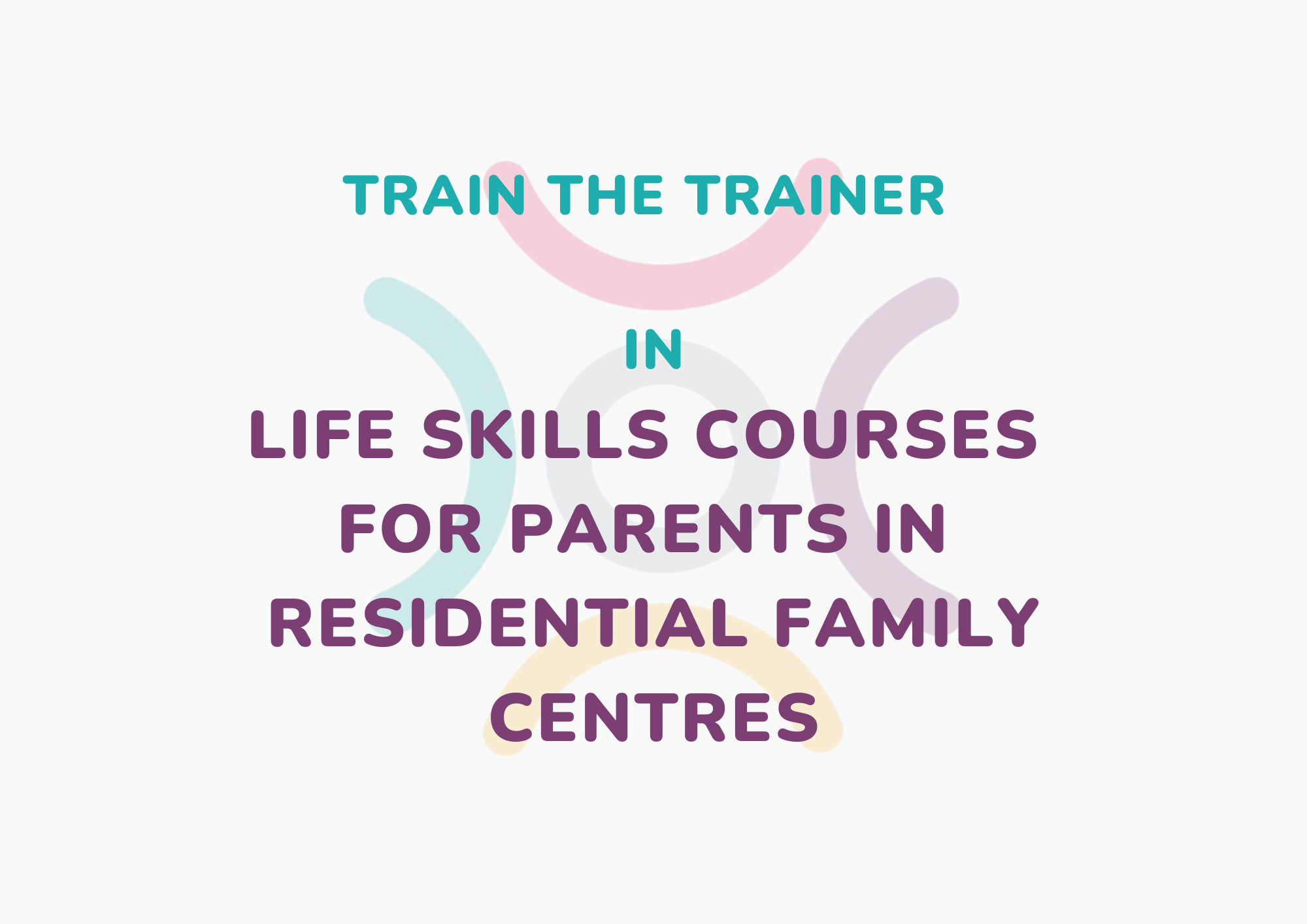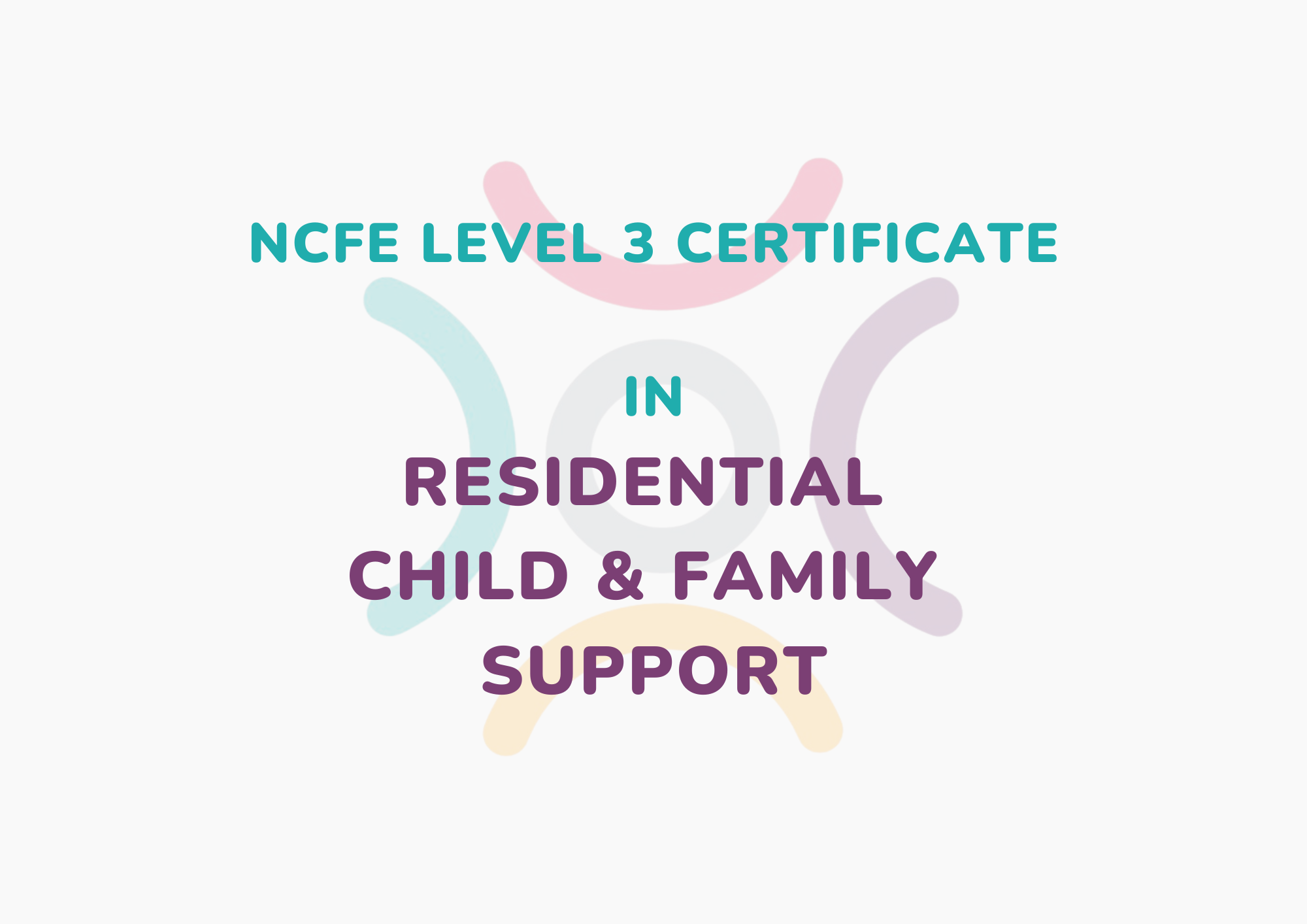Trauma-Informed Practice in Residential Family Centres
£99.00 + VAT
Trauma-Informed Practice in Residential Family Centres equips Health and Social Care professionals with the knowledge and practical tools to apply trauma-informed practice in Residential Family Centres. Participants will learn how trauma impacts attachment, parenting, and family systems, and develop strategies to support families while safeguarding their own wellbeing. The course also explores vicarious trauma and resilience, ensuring staff are confident, compassionate, and reflective in their roles.
Description
Trauma-Informed Practice in Residential Family Centres
This comprehensive online course has been designed specifically for professionals working in Residential Family Centres and wider Health and Social Care roles. Trauma-informed practice is now recognised as a foundation for effective and ethical care, yet in residential settings the challenges are uniquely complex.
Across eight structured units, participants will:
- Deepen their understanding of trauma, including PTSD, Complex PTSD, developmental and cumulative trauma, and how these impact parents and children.
- Explore the relationship between trauma and attachment, drawing on Bowlby’s theory and later developments, to understand how parents’ own histories shape their ability to care for their children.
- Learn about Judith Herman’s stages of trauma recovery and the potential for post-traumatic growth in family systems.
- Examine the ways in which trauma affects parenting capacity, child development, and intergenerational patterns.
- Apply family systems perspectives, including the FSAT model, to real-world case studies.
- Recognise and manage vicarious trauma and compassion fatigue, developing resilience and reflective practice to sustain long-term effectiveness.
- Embed the principles of trauma-informed practice through the “Four Rs” (Realise, Recognise, Respond, Resist re-traumatisation) and the six SAMHSA principles of safety, trust, empowerment, collaboration, inclusivity, and peer support.
- Understand how to create enabling environments, rooted in the Royal College of Psychiatrists’ ten values, that promote trust, belonging, and empowerment for families under assessment.
By the end of this course, participants will not only be able to apply trauma-informed principles in their daily work but will also be equipped to safeguard their own resilience, contribute to supportive organisational culture, and deliver care that is safe, structured, and relationally attuned.
This training is recommended for Residential Family Centre staff, Social Workers, Health Visitors, Key Workers, and all professionals engaged in family assessment and support.





